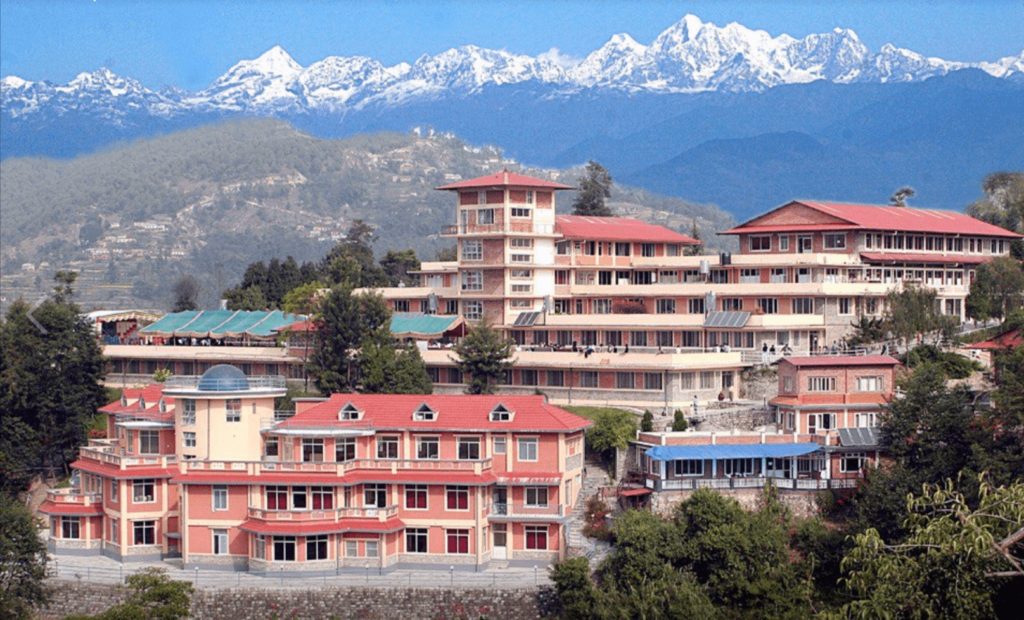The story of Nepal’s first COVID-19 fatality

The pregnant 29-year-old woman from Barabise was living in Kathmandu so she could be near a maternity hospital for her delivery. She gave birth to a baby boy one month prematurely at Teaching Hospital, and since the child was doing well both were sent home.
A week later, on 13 May the woman’s mother visited them to see if the baby was doing well. Instead, she noticed her daughter was going to the toilet frequently and that night she complained of difficulty breathing and had a dry cough.
See also: Bhaktapur’s COVID-19 heroes by Monika Deupala
Being a health worker herself, the woman’s mother tried to find a vehicle to take her to hospital but there was none available. Next morning, the nearest clinic referred the patient to Dhulikhel Hospital.
“We went to the health post, came back home to get her clothes and she had to walk up and down the slope to her house, and after that we drove to Dhulikhel,” the mother recalled. “Imagine how that would have strained a new mother.”
By this time, there were traces of blood in the patient’s cough. Breathing was so difficult that she had to be given oxygen in the ambulance. The Arniko Highway was deserted because of the lockdown, so they took only an hour and half to get to Dhulikhel Hospital. By that time, she had gone blue and was no longer breathing. The emergency doctors pronounced her dead.
Throat and nasal swabs were taken from the body and tested at the hospital, and the mother was found to be positive for coronavirus. Fear gripped the hospital after that, ambulance drivers refused to take her for cremation, and the woman’s body lay there all day on 16 May.
The Ministry of Health had to intervene, and with the help of volunteers, she was taken to the electric crematorium at Pashupati escorted by Nepal Army and Police. Her husband was not allowed into the chamber to perform last rites, and had to observe from afar.
The woman’s husband, mother, baby as well as a neighbour who had accompanied them to the hospital are now all quarantined at Dhulikhel Hospital. Fortunately the whole family has tested negative for the virus. Some hospital staff and volunteers who took them for cremation are also in isolation for two weeks.
For the relatives, added to the pain of bereavement is the worry about the baby and the woman’s 10-year-old son who is back at home in Barabise. The quarantine space in the hospital is also dark and stuffy, and the family is concerned about the baby’s health.
“I wish there was more sunlight here, but they have told us we cannot go out,” the mother said over the phone from Dhulikhel, while the baby could be heard crying in the background. “All right, Baini, I have to hang up now the baby is crying. This is so sad, the epidemic took away my young daughter.”
(www.nepalitimes.com)






